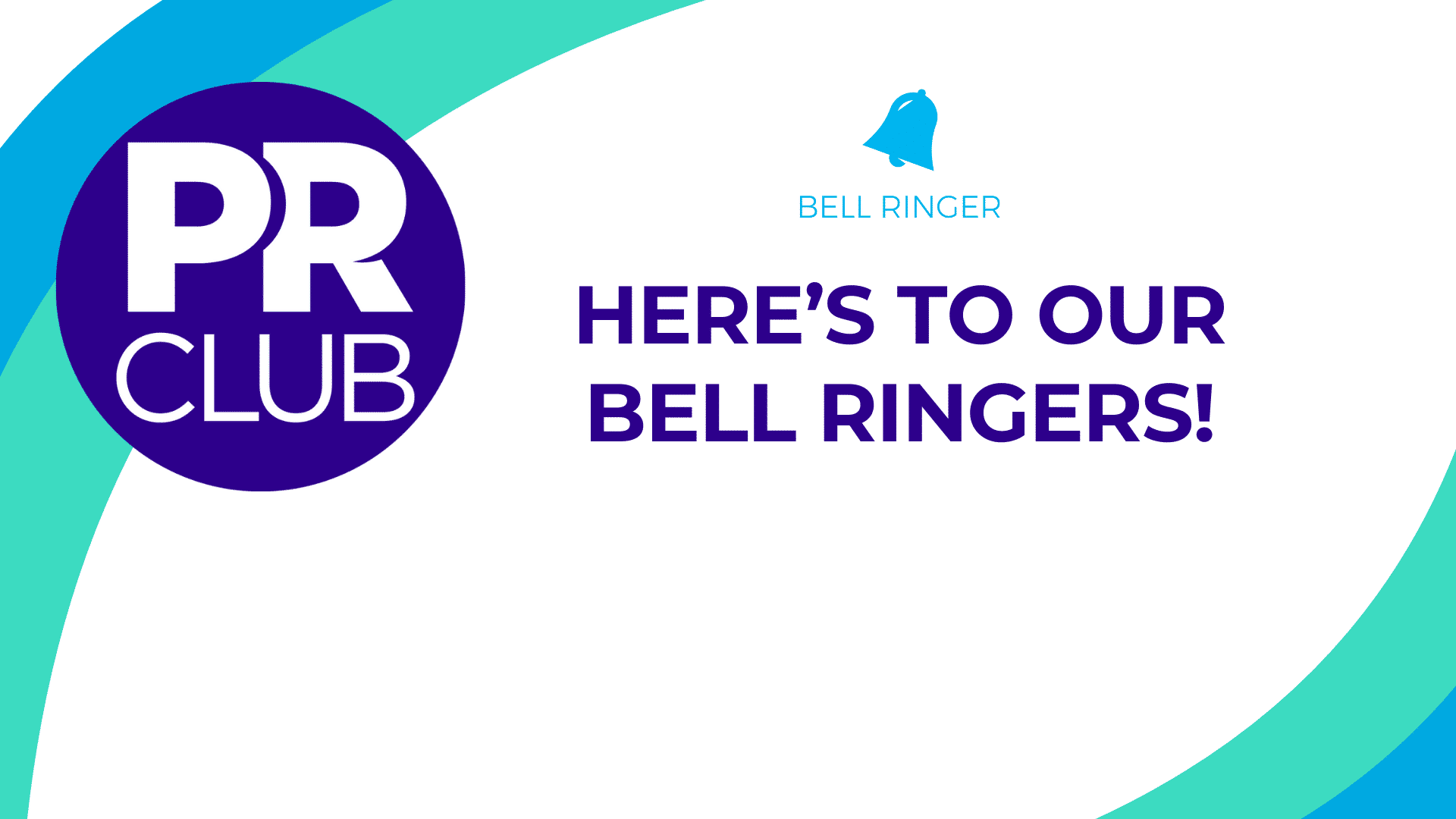It goes without saying that this year’s Winter Olympics in Beijing, China has had a dark cloud over it since the start – even in the months leading up to the games. We’re all well aware of the political issues surrounding the games, with countries including the U.S., United Kingdom, Canada, Australia, New Zealand, and Lithuania publicly boycotting the games (i.e., no government officials in attendance) due to China’s human rights practices, and President Biden declaring China’s treatment of Uyghur Muslims a genocide.
But the show must go on, right? The opening ceremony kicked off on February 4 – however, due to COVID, it was much more scaled down than in years past. Pandemic restrictions meant that a usual 15,000+ cast production was scaled down to just 3,000, with most of the visuals coming from an LED screen on the stadium floor. Nevertheless, China used the ceremony as an opportunity to make a big statement. The performance centered around the Chinese New Year spring festival, emphasized peace, world unity and the people around the world who have battled the pandemic. In the final moments of the ceremony, the Olympic torch was passed to 21-year-old cross-country skier Dinigeer Yilamujiang, who is a member of China’s Uyghur ethnic minority. Coincidence? I think not.
Unsurprisingly, COVID has also been a main headline in the news surrounding the Olympics due to China’s zero-tolerance approach. Protocols for athletes, team staff and news media alike include full vaccination or 21-day quarantine, daily throat swab testing, mask requirements indoors and outdoors except when eating, drinking, or competing, and social distancing (and when social distancing isn’t possible – such as elevators – talking isn’t allowed). Teammates are allowed to clap for each other, but chanting is not allowed. Yes, really. And if someone tests positive, they will be sent into isolation until they receive two days of negative tests, which could mean for athletes, missing out on their chance to compete in their sport on the biggest stage of all.
And if that wasn’t enough drama for you, we saw some shocking headlines from the athletes as well (not to worry, it’s not all bad – we threw in some good ones too):
- Shawn White, a three-time Olympic gold medalist, competed for the final time at the 2022 Beijing Olympics, and finished fourth in the men’s final.
- Chloe Kim has made Olympic history at the 2022 Beijing Olympics as the first woman to win two golds in the snowboard halfpipe.
- Erin Jackson becomes the first black woman in speedskating to win a medal – and it was gold.
- Mikayla Shiffrin’s double disqualification in back-to-back skiing events and the media’s coverage around the news reignited conversations around Simone Biles and mental health.
- Figure skater Nathan Chen’s score of 113.97 in the short program of the men’s individual event sets an Olympic world record.
- The decision to allow ROC figure skater Kamila Valieva to continue competing despite a failed drug test is sparking backlash from many, including Sha’Carri Richardson, a runner who was denied the chance to compete at the Tokyo Olympics after testing positive for THC.
With the Olympics coming to a close this weekend, NBC is reporting its viewership is nearly half of what it was four years ago and is on pace to be the lowest in the event’s history. Is it the politics? Are COVID protocols dampening our spirits? Are we fatigued from the Summer Games happening less than six months ago? Is it the fact that Norway is absolutely crushing us? It’s hard to say – perhaps it’s all of the above.
Some experts suspected that with the growth of on-demand content and streaming services, people just didn’t have an interest in watching live TV or sports in particular – however, that theory was majorly stumped after the Superbowl brought in over 112 million viewers over the weekend.
It’ll be interesting to keep a pulse on the Olympics moving forward, particularly for those who work in PR, marketing, and advertising – as something that was once lighthearted and beloved by all that brands love to create campaigns around and acknowledge in fun and creative way – may have a dark cloud over it for longer than we might expect.
This article is written by Sofia Giovannello, PR Club Board Member and President-elect and Account Supervisor at FleishmanHillard.




